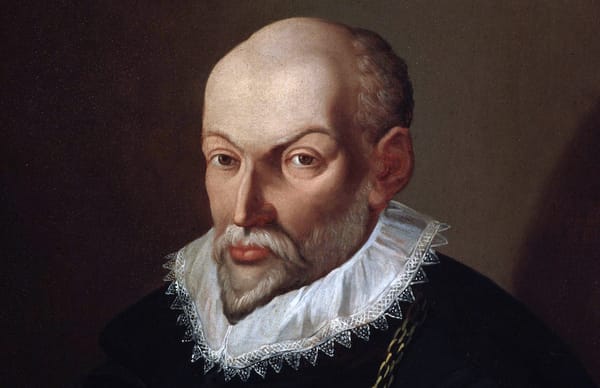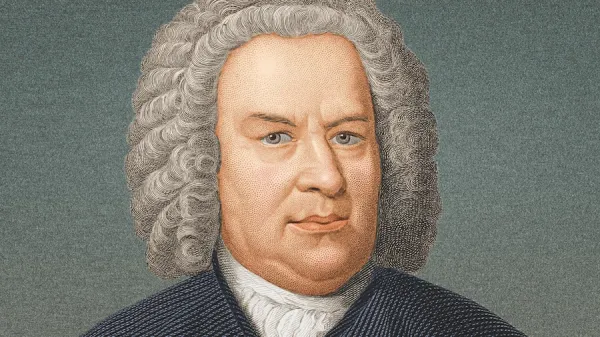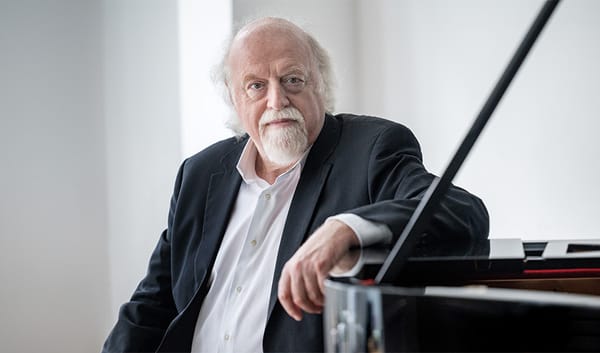Terrace Talk: “Il barbiere di Siviglia”
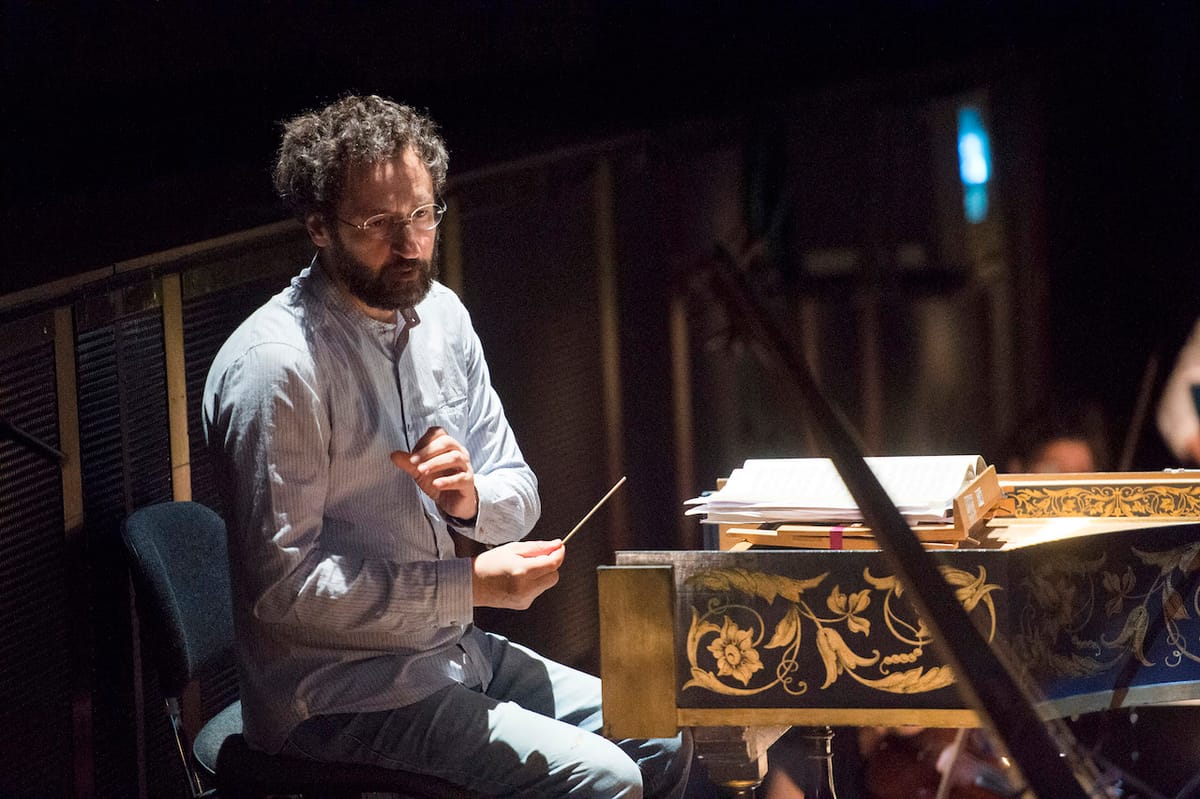
No, comedy is not superficial, says director Rolando Villazón, who is staging Rossini’s Il barbiere di Siviglia at the Salzburg Whitsun Festival. Rather, comedy illustrates our problems’ extremes. “A clown is a figure who always loses, he has no fourth wall, he plays directly with the audience,” says the director, who is an ambassador of the Red Noses Clown Doctors himself. “In losing, however, the clown is ultimately the winner, for he just keeps going, trying to rewrite the rules, even if he seems to be drowning in chaos.” It is such a figure Rolando Villazón has added to his production. In Arturo Brachetti as Arnoldo, he has found a master of transformation.
The director has transposed the action of Rossini’s opera to the 1930s. The production plays with the importance of theatre as a live experience, precisely by mixing the world of film with the stage world. One inspiration for this comes from Woody Allen’s film The Purple Rose of Cairo. “There are video scenes depicting the singers. The action, however, takes place on stage; the focus is on live theatre,” says Rolando Villazón.
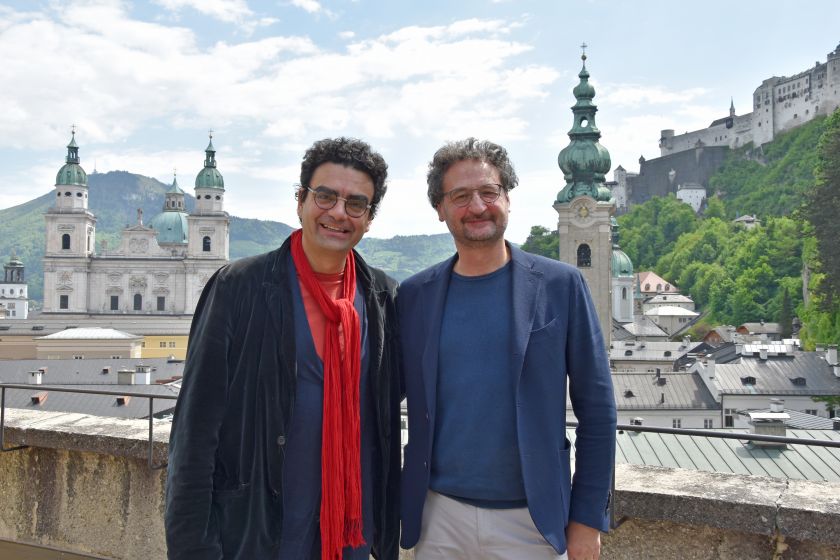
700 performances of Il barbiere di Siviglia take place every year on the world’s stages, says Gianluca Capuano. Everyone immediately associates one melody with this opera. “So what can we do with this Barbiere?” the conductor asks. His answer: the orchestra will play original instruments. “Unfortunately, this is only rarely done in bel canto,“ he says. The goal is to give the opera a new guise – an effect similar to adding the figure of Arnoldo.“Historical instruments lend the music a new manner of articulation; they correspond with the singers’ language,” says Gianluca Capuano. He would not say that the sound is better, but it is different. The strings, for example, use gutstrings instead of metal, and thus a living material. “By playing original instruments, we can produce a true pianissimo, for example, which means in turn that the singers can sing in a more delicate manner,” the maestro explains. The tempi can also be played in a “more correct” way. “This gives the singer far more space for colours,” Rolando Villazón adds. For example, it enables a singer to laugh while singing and offers far more possibilities for acting. He considers the Haus für Mozart a perfect space for original instruments.
When Cecilia Bartoli, the Artistic Director of the Salzburg Whitsun Festival, asked Rolando Villazón to direct the opera, her goal was to bring the tradition of commedia dell’arte to the stage. To him, timing is the secret ingredient of comedy. During rehearsals, he sees his role as offering rules for the stage universe, so that the singers can then move quite freely within these rules. In rehearsal, he encourages improvisation; in performance, the audience then sees a choreography resulting from this, which would certainly look different with other artists.
Improvisation is also a key term for Gianluca Capuano. “How can you make room for creativity in a text that is fixed?” he asks. His answer is that this is something that happens mainly between the notes. “We should be able to hear what we also see on stage.” Thus, improvisations and quotes from the videos can be heard repeatedly in the recitatives. “It’s a game between Rolando and me, and I’m sure the audience will enjoy it just as much,” says the conductor. Rossini himself, he adds, wrote almost none of the recitatives himself. “He didn’t have time for that, so his students composed them for him,” explains Gianluca Capuano.
The fact that Capuano has been present from the first day of rehearsals makes his work easier, he says, for he got a feeling for the sound within the auditorium right from the start. He also calls it a stroke of good fortune that RolandoVillazón is not just a director, but also a wonderful musician who approaches his work with a great instinct for musical timing.



